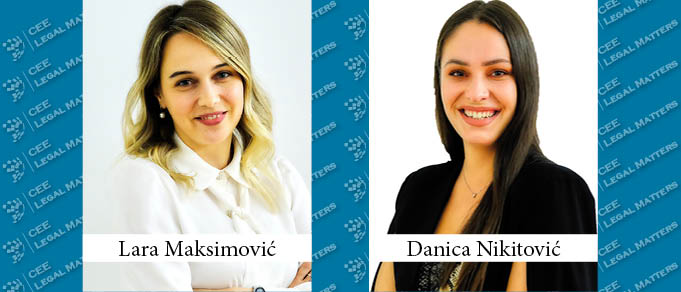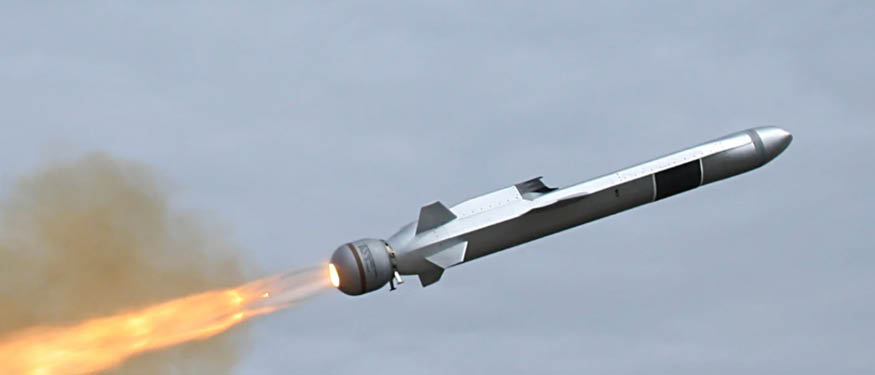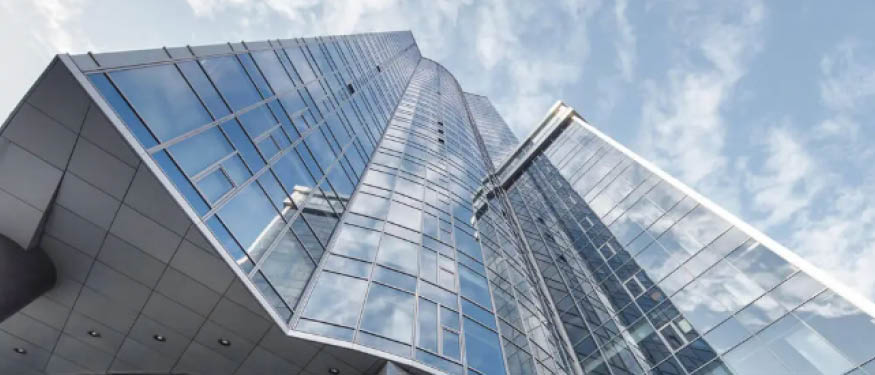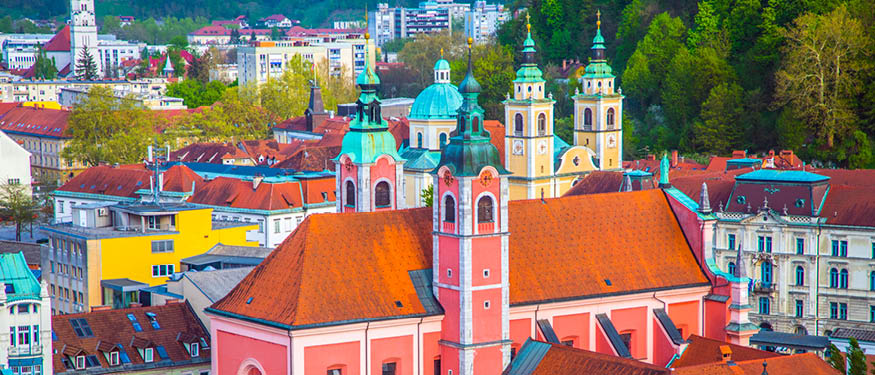Amendments to the Law on Foreigners (Official Gazette of RS no. 24/2018, 31/2019 and 62/2023) and the Law on Employment of Foreigners (Official Gazette of RS no. 128/2014, 113/2017, 50/2018, 31/2019 and 62/2023) (“the Laws”) were published in the Official Gazette of the Republic of Serbia no. 62/2023 of July 27, 2023, and entered into force on August 4, 2023.
Certain amendments to the Laws started to apply on the day of entry into force, however the application of most provisions referring to facilitating, i.e., simplifying the procedure of issuance of certificates and permits to foreigners is delayed until February 1, 2024, i.e., until the adoption of related by-laws and fulfilment of necessary material and technical requirements.
As already noted, the main objective of the amendments to the Laws is to digitalize administrative procedures pertaining to the regulation of status of foreigners in the Republic of Serbia, as well as to liberalize the procedure of their employment.
The key novelties shall be presented below:
1. Unified permit for temporary residence and work of a foreigner
The amendments to the Laws established a unified procedure for issuance of the temporary residence and work permit to foreigners.
Namely, a foreigner shall be issued a unified permit for temporary residence and work, in a proceeding conducted before the Ministry of Interior of the Republic of Serbia, which also involves the participation of National Employment Service (“NES”), which authority shall inspect the fulfilment of requirements for employment.
The subject procedure is conducted electronically, i.e., the request is filed through a unified web portal (“Unified Portal”) and supported by all necessary evidence in the same manner, i.e., electronically. The unified permit is issued as biometric document (instead of previously used sticker in foreigner’s passport) and it may be approved for a period of three years (with possibility of extension).
The application for conducting a labour market test is also submitted through the Unified Portal, which test is conducted upon employer’s request by the competent organisational unit of NES, in legally prescribed cases.
In addition to the foreigner, the request for issuance of the unified permit may also be submitted by the employer (on behalf of the foreigner), or a person authorised by them. The competent authority shall decide on the filed request within 15 days from the submission of the proper request.
For certain categories of foreigners (a foreigner whose immediate family member is citizen of the Republic of Serbia and a foreigner establishing employment), the procedure of obtaining unified permit is additionally facilitated, as they do not need to provide the proof of subsistence or health insurance when filing the request.
During the validity of the unified permit, a foreigner and/or employer on behalf of the foreigner (or natural and/or legal person authorised by them) may file a request for change of the basis of work or employer, or for employment with two or more employers – also electronically, i.e., through the Unified Portal. This request shall also be decided upon by the local NES unit, within 10 days after the receipt of the proper request, while the approval shall be delivered to the applicant in the same manner, i.e., through the Unified Portal.
2. Validity and extension of the temporary residence permit
Regardless of the legal basis upon which it is being granted, temporary residence may be approved for a duration of up to three years (instead of one year, as it was prescribed before) and it may be extended for the same period, depending on the grounds on which it is approved in every single case.
In addition, the deadline for filing the request for extension of temporary residence permit is also lengthened, hence it may be filed no earlier than three months and no later than the expiry of the period of validity of the unified permit (instead of previously prescribed obligation to file the request no later than 30 days before the expiry of the current temporary residence permit).
The foreigner shall be obliged, within 30 days from the day of termination of employment contract or another contract whereby they exercised work-based rights outside employment, to conclude a new contract (employment or other appropriate contract), otherwise they shall be subject to legal requirements for entry, movement, stay and return of foreigners. In other words, the foreigner shall not automatically lose the right to stay and work in the Republic of Serbia on the day of termination of work engagement based on which the necessary permits have been initially provided, but rather get an opportunity to find another employment in the stated period and thus maintain their status, i.e., permits.
3. Right to work without work permit
It has been further specified in which cases a foreigner may perform work in the Republic of Serbia without the unified permit (e.g., foreigners whose temporary stay was granted on the basis of family unification with a citizen of the Republic of Serbia or with a foreigner who has been granted permanent residence, on the basis of ownership over real estate, humanitarian stay, scientific and research work, volunteering etc.).
4. Permanent residence
Permanent residence in the Republic of Serbia may be granted after three years of continuous residing in the territory of the Republic of Serbia (instead of five years, as it was prescribed before).
The request for approval of permanent residence is also submitted through the Unified Portal, whereas foreigners who have been granted permanent residence shall be entitled to work in the Republic of Serbia without the issuance of the unified permit.
In addition, there is a separate basis for granting permanent residence – Serbian origin, based on which a foreigner may be granted permanent residence regardless of the length of stay in the territory of the Republic of Serbia.
5. Visa D
Work engagement in the Republic of Serbia has also been facilitated for foreigners possessing long-term visa (so-called visa D) issued based on employment, as the stated visa, in addition to approval for residence, also represents the work permit – naturally, for the period of its validity (maximum 180 days).
The request for this visa is filed personally, also in electronic form, no earlier than three months before the intended arrival to the Republic of Serbia.
6. Other novelties
In addition, the assessment procedure conducted by the NES to check the fulfilment of requirements for foreigners’ employment, special cases of foreigners’ employment and self-employment is also regulated. As for the seconded employees and cases of intercompany mobility, it is prescribed that the respective assessment shall be done for a period of up to three years, with possibility of extension also by up to three years (whereas before the adoption of these amendments, work permit for seconded employees and cases of intercompany mobility could be issued for a period of up to one year and extended for maximum two years).
The obligation to keep evidence on fulfilment of requirements for employment of foreigners in business premises where the foreigner works has been abolished, wherefore the employers may keep these documents according to their organisational capacities and needs.
Also, fines for non-compliance with the legal provisions have been increased.
This article is to be considered as exclusively informative, with no intention to provide legal advice. If you should need additional information, please contact us directly.
By Lara Maksimovic, Senior Associate, and Danica Nikitovic, Junior Associate, PR Legal
















